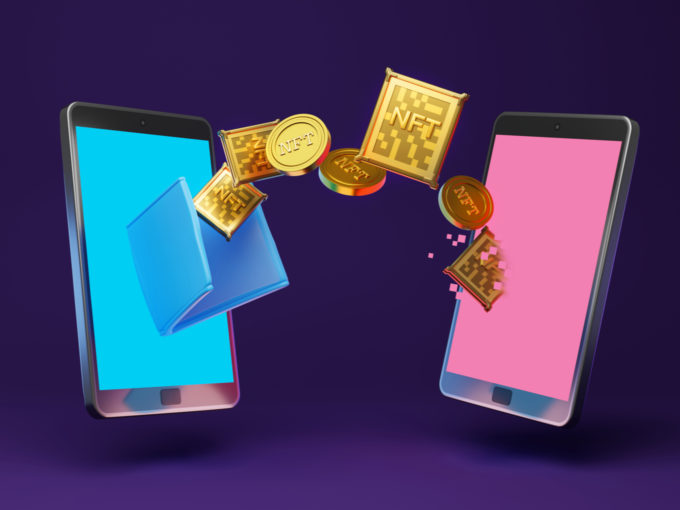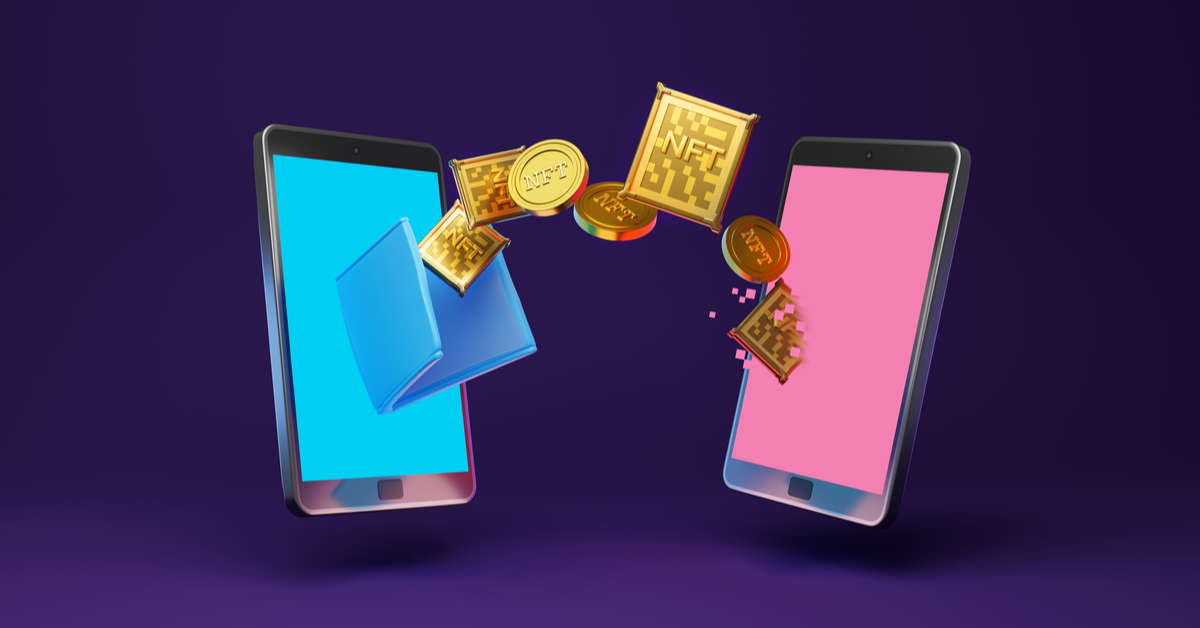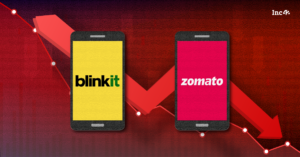OKEx has launched a decentralised digital asset ecosystem DeFi Hub that will consist of two core products — NFT (non-fungible token) Marketplace and a DeFi dashboard
A DeFi Hub allows users to view and manage decentralised assets across major blockchain networks
Some other players in Indian NFT Marketplaces include WazirX, BeyondLife.club, Polygon-backed NFTically and Wall.app, among others

Cryptocurrency spot and derivatives exchange OKEx has set up a DeFi Hub in India. The Defi Hub, a decentralised digital asset ecosystem, will consist of two core products: NFT Marketplace and a DeFi dashboard.
The end-to-end NFT platform will help creators and collectors buy, sell and trade NFTs directly. According to the company statement, anyone can use the platform to mint their own NFTs of any kind, using the OEC or Ethereum blockchains.
The Marketplace will also let users import NFTs that have been generated on other NFT-supported platforms and provide flexibility to set their own royalty fees.
The DeFi Hub will also provide a way to view and manage decentralised assets across major blockchain networks and DeFi protocols.
The Dashboard will display a full portfolio view, as well as a separate view for digital collectables. Users need to connect their decentralised wallet to the platform.
Founded in 2017 by Star Xu, Seychelles-based OKEx offers financial blockchain products, solutions and trading tools on the market. The company states that it has 20 Mn users in over 100 countries.
What is an NFT, NFT Marketplace and a DeFi Hub?
An NFT (Non-Fungible Token), bought and sold online on an NFT Marketplace frequently with cryptocurrency is generally encoded with the same underlying software as many cryptos – blockchain. It is a digital asset that represents real-world objects like art, music, in-game items and videos. Once an NFT sells, the creator receives an amount in cryptocurrency. He/She also receives a commission on each subsequent sale of the NFT.
Unlike cryptocurrencies, which can be exchanged with one another, each NFT is unique and hence cannot be exchanged with another item. Moreover, while cryptocurrencies such as Bitcoin can be broken down into smaller units such as Satoshi which is 100-millionth of a bitcoin, NFTs cannot be broken down in the same way but exist as a whole. The Blockchain phenomenon has already recorded around $2.5 Bn in sales globally.
DeFi or Decentralized Finance is essentially a blockchain-based form of finance without the involvement of central financial intermediaries, such as banks, brokerages or exchanges — an open setting. A DeFi Hub allows users to view and manage decentralised assets across major blockchain networks.
NFT Marketplaces In India
Recently, Mumbai-based crypto startup WazirX also rolled out an NFT marketplace for over 300 creators hailing from diverse categories — 3D artists, digital artists, muralist photographers, canvas artists, street artists and visual artists. Still in the beta-phase, the WazirX NFT marketplace will see the participation of well-known names like visual artist Vimal Chandran, the anonymous street artist Tyler, mural artist Sneha Chakraborty, mixed media artist Ishita Banerjee from Montreal, automotive photographer Arjun Menon amongst many others.
Guardian, a distributed NFT exchange platform founded in 2017 by Ram Subramanian, Kamesh Elangovan, Arjun Subburaj, and Logan Anjaneyulu under the leadership of Keyur Patel also launched Beyond.club — an NFT Marketplace. Beyond.club, which will exclusively showcase NFT artworks from Bollywood megastar Amitabh Bachchan, allows users to create their own brand, exist in a decentralized architecture and publish their NFTs across multiple marketplaces.
In July, Polygon cofounder and CEO Jayanti Kanani also backed NFT Marketplace NFTically which mints and trades in Ethereum, Polygon, Binance Smart-Chain virtual currencies. Other players like Wall.app are also emerging with their marketplaces amid the trend of artists moving towards selling art digitally.









